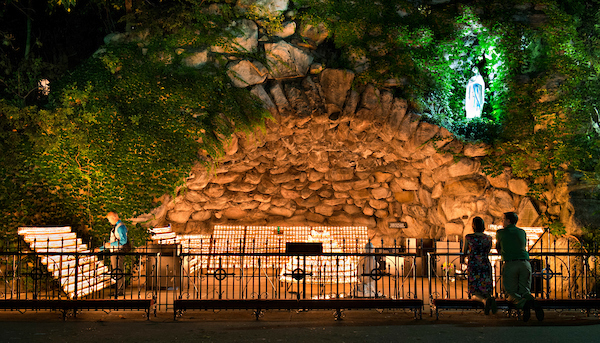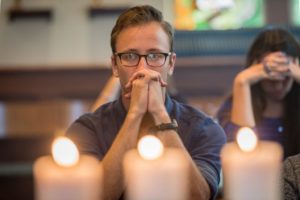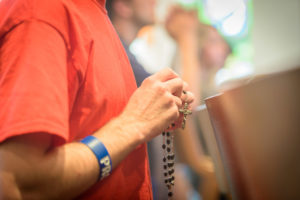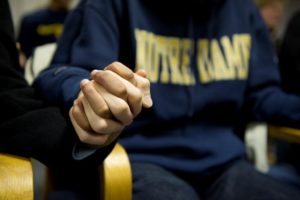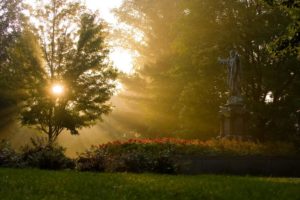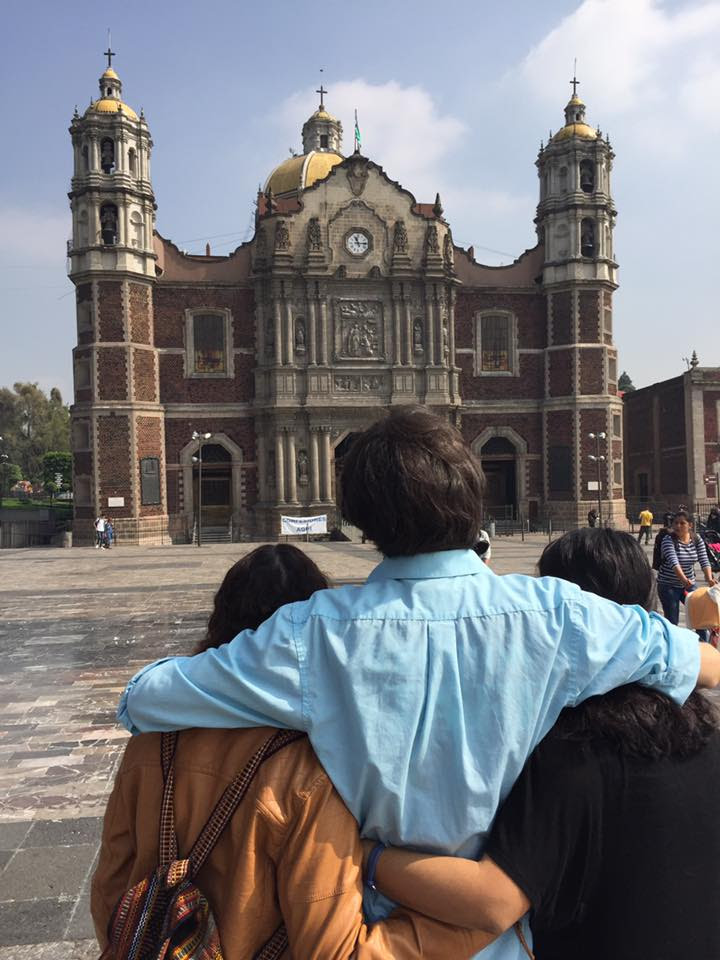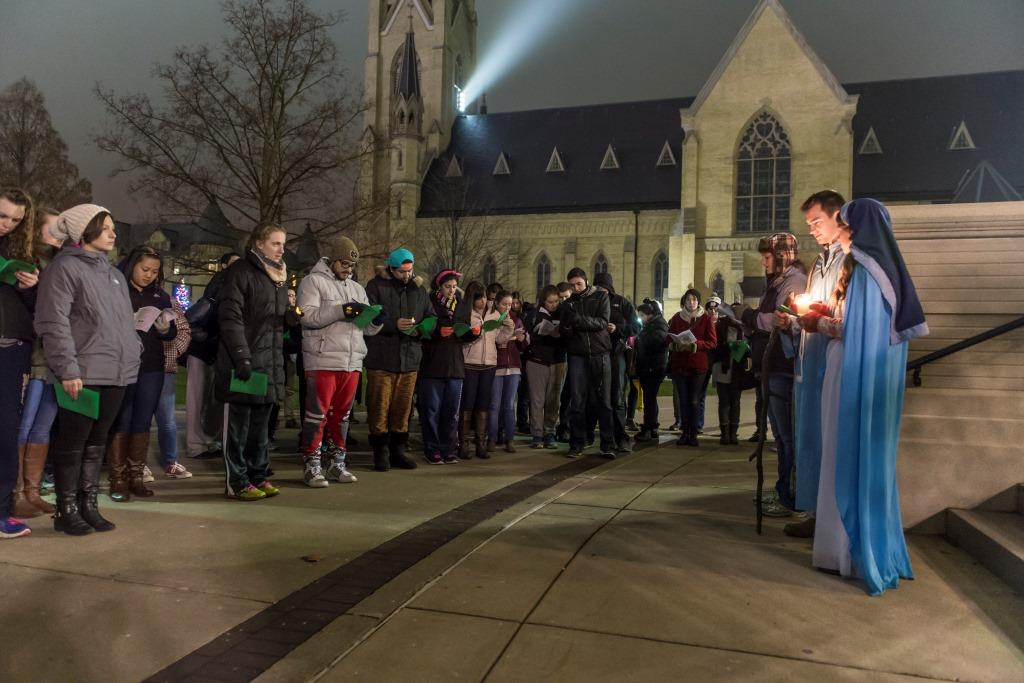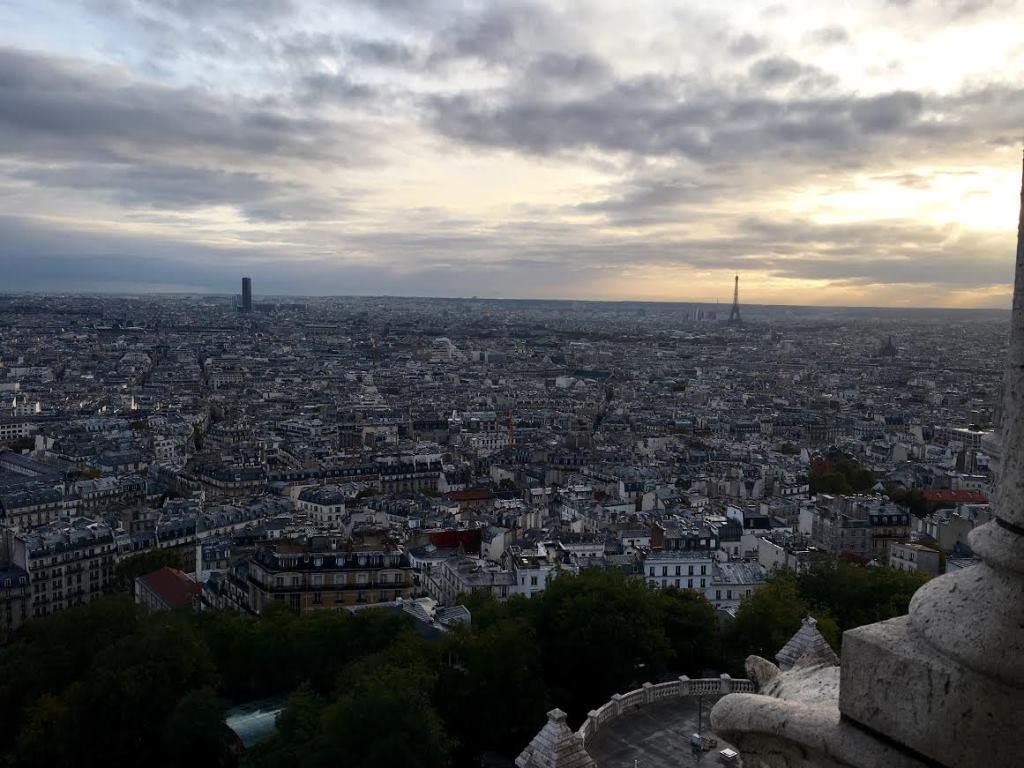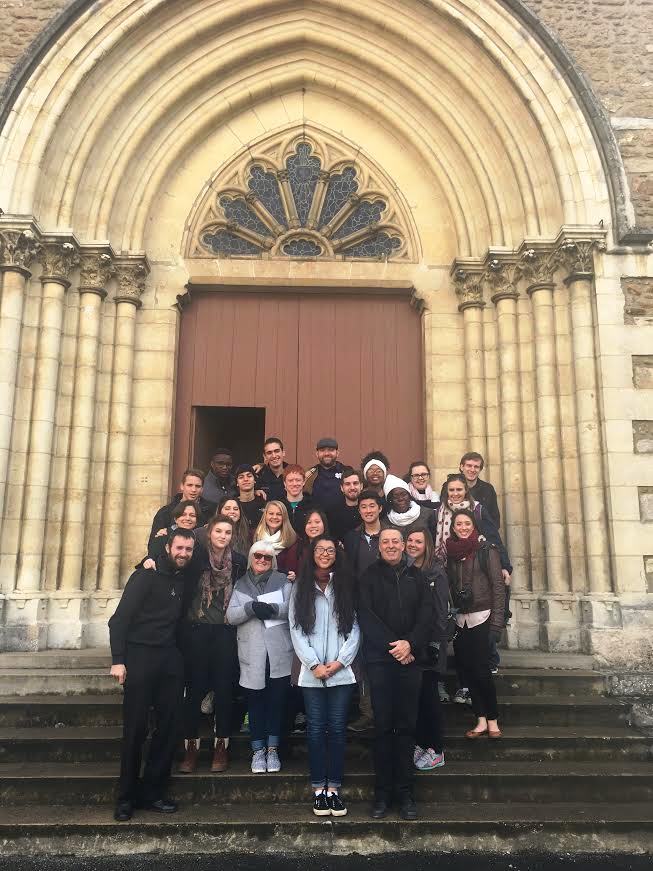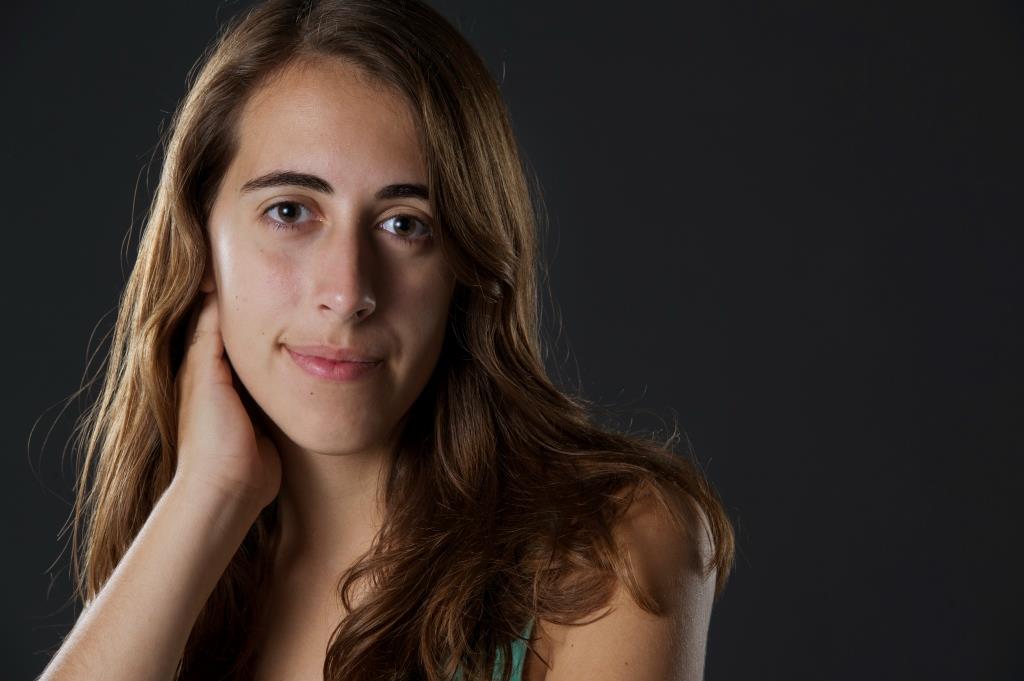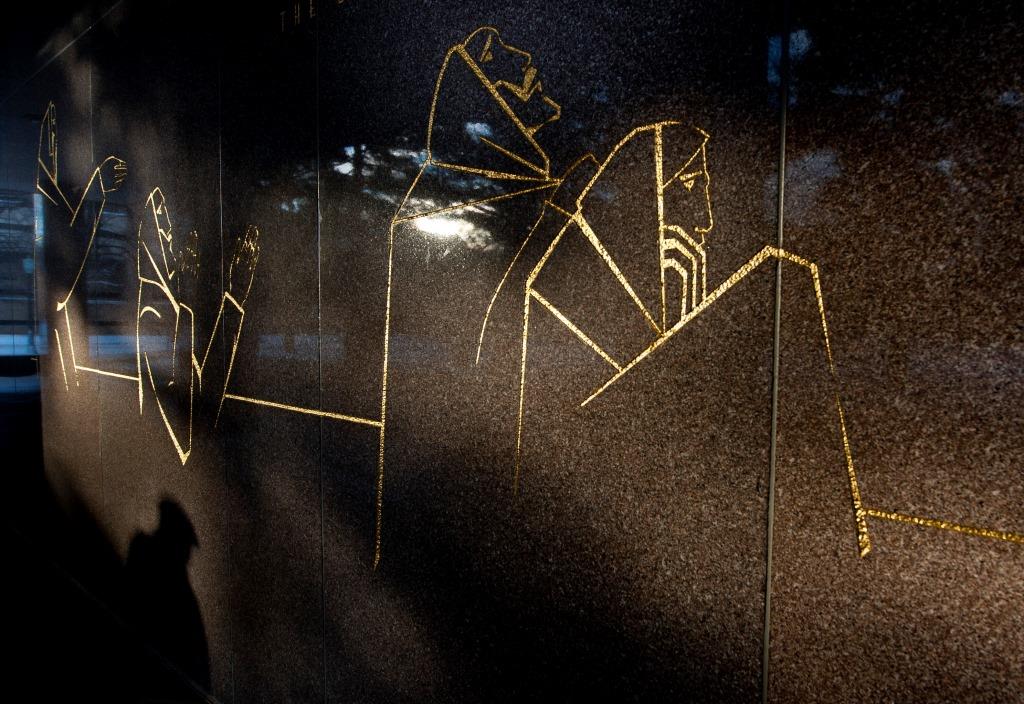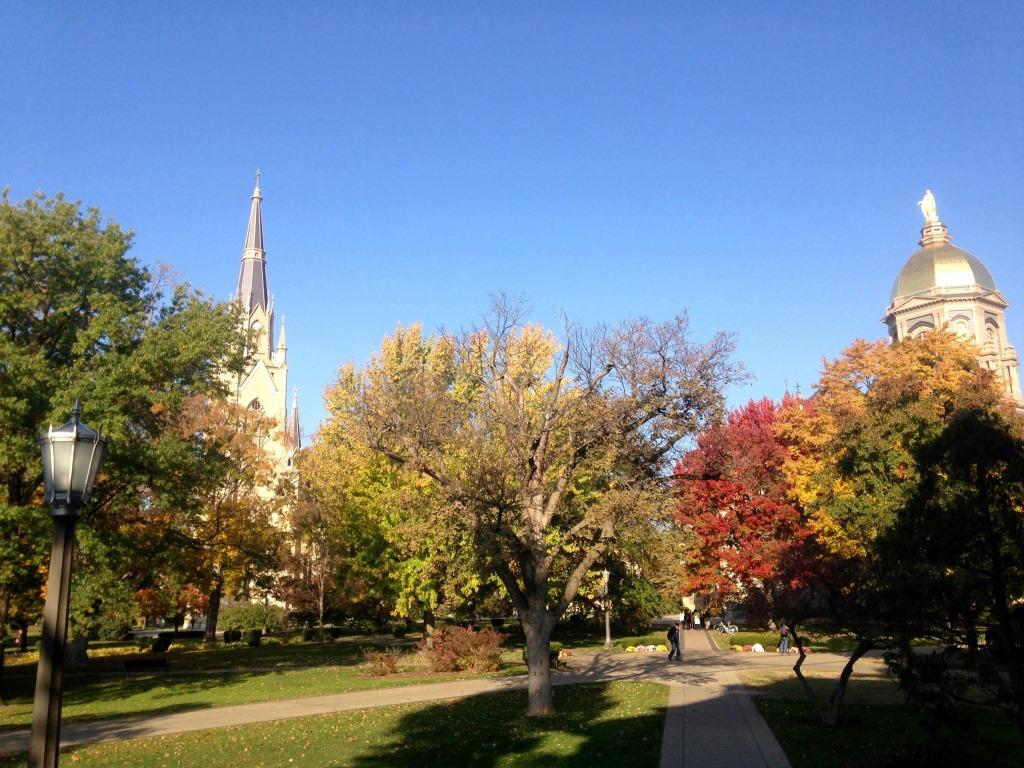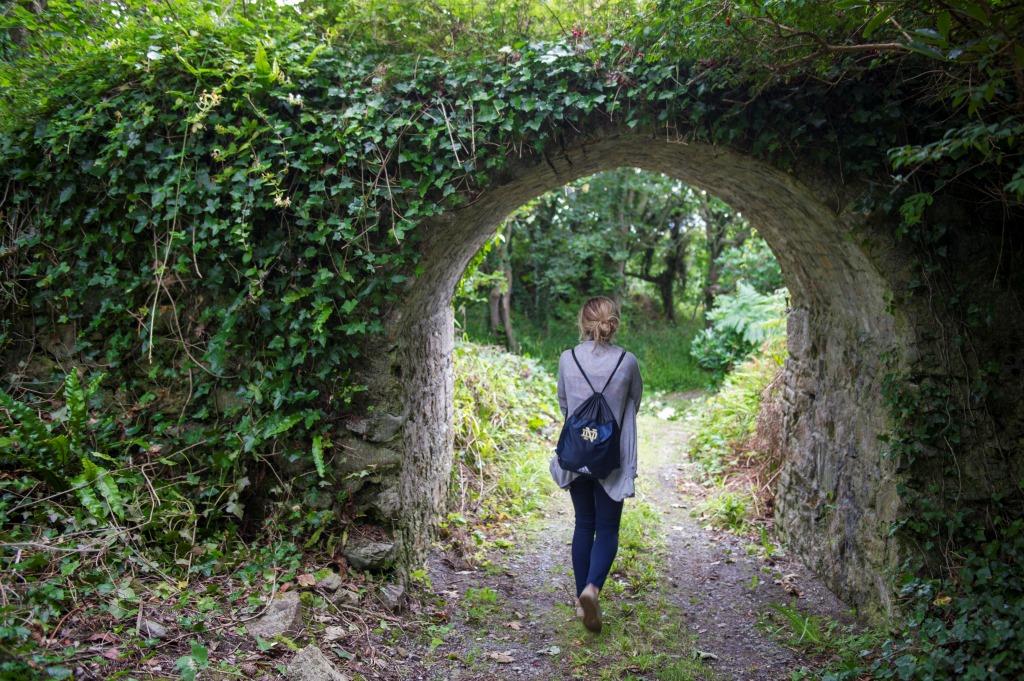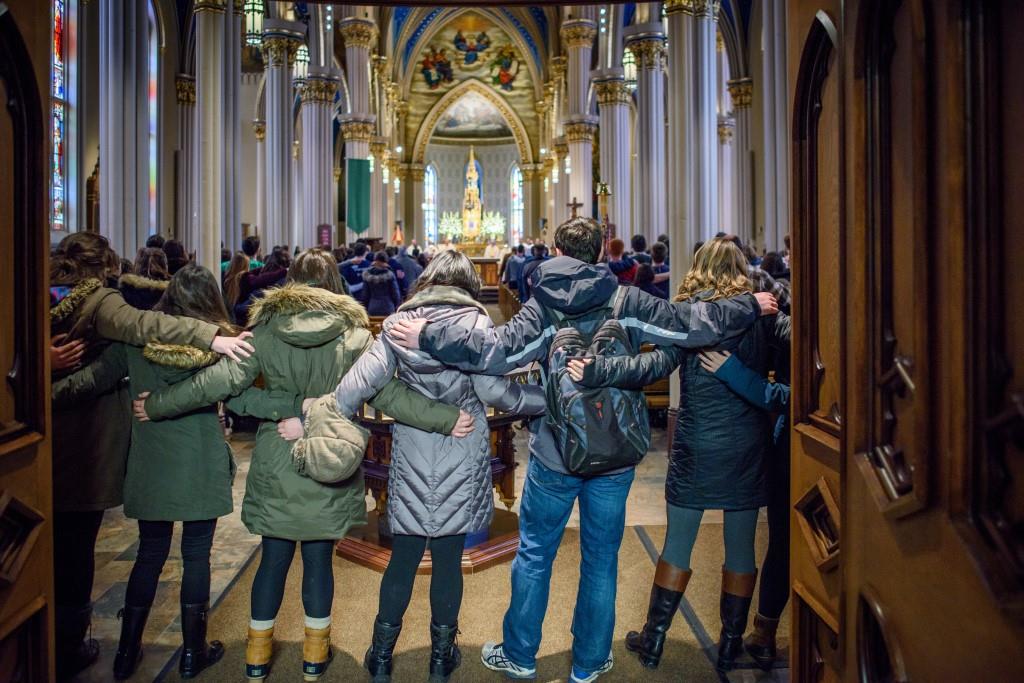Selwin Wainaina, Senior Anchor Intern – Multicultural Ministry
At times, an image comes to mind. An image I saw some years ago that depicted a man walking. While walking, he was hit in the head with a stone. After being smitten, he turned around both hurt and angry and screamed “Why God? Why?!” At that moment, he looked up and saw God shielding him from a conglomerate of boulders. God then looks back and says “I’m sorry, did I miss one? Are you alright?” Although this image itself shows doubt, that isn’t what spoke to me about the picture.
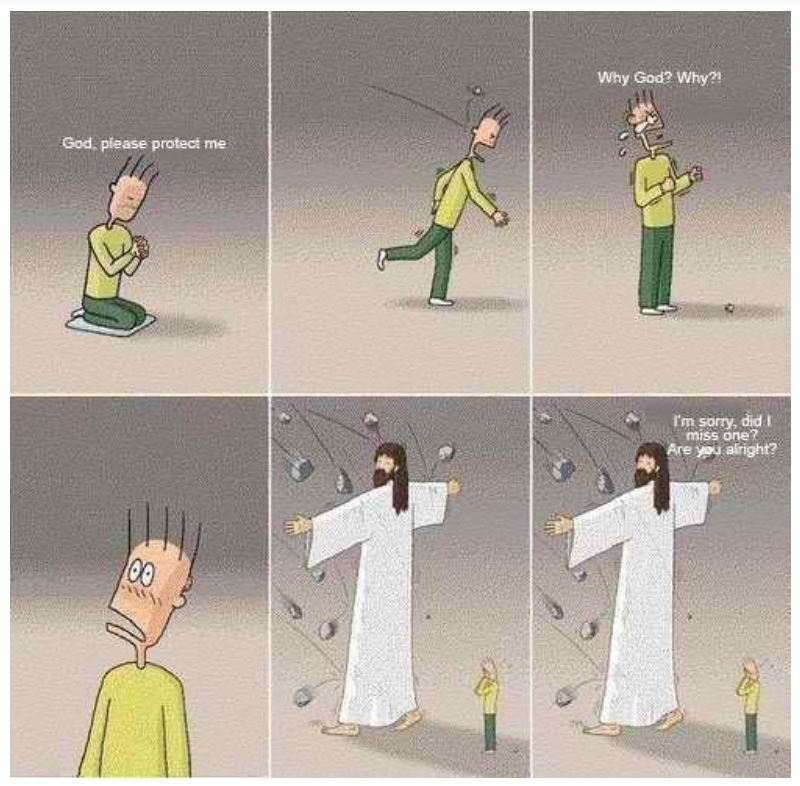
Have you ever heard God described as your “friend,” your “father,” your “rock,” or another familiar term? Often we view God as a father that watches over us or a friend who we can trust and confide in fully…. Well, I have definitely had points in my life where I wanted to challenge this idea. “How can I confide in God as a friend, if he already knows everything that I have done, will do and simply thought of doing?” and “If he truly is my heavenly father, doesn’t he want what’s best for me? Why does he keep letting all of these things happen to me? Why does he let me fall? Does he care enough about me to intervene? Where is he when I need him?” and “How can he be my rock and my fortress when he allows so much evil to come into my life and knock me off balance?” These are honest questions that I’ve had in my faith. Maybe you have asked similar questions that challenged the commonly given praises that God receives. Whenever I asked these questions, I would always find myself running far away from God. I would run as far as I could, doing whatever I wanted and surrendering myself to the forces of the world instead of his will. Through these questions, I experienced doubt in the power of God.
Growing up, I was constantly taught in church to never doubt God, his love, and his power over everything. I was taught that this doubt meant that I did not trust God and that even if I did not understand him or his ways, I was to follow after him in ignorance if necessary. It wasn’t until college where I learned how healthy doubt truly is. Through doubt, we are truly able to grow closer to God. Through these questions, I have been able to see that I can confide in God as a friend because when I honestly have no one else to talk to, I can talk to him. And he does want what is best for me, even when what I think is best for me doesn’t exactly line up with God’s will. The pebbles that escape his impenetrable fortress were meant to make me tougher. He allows these hard, rough-edged trials to come into my life to make me better than I was before. They are meant to teach me new lessons. Lessons of humility, of conviction, of pain, of loss, of strength, of patience, and of love. It is honestly these moments where we have been stricken and have run so far away from God, that we are honestly the closest to him. In these points of weakness and vulnerability, I have grown to depend on his strength to get me through the trials. It is through these times that I have felt the most alone that I could call on his name and he is present for me. I initially think that because he allowed that one stone to hit me, I was running further and further away from him, but in all actuality, I just ended up running right back to him.
I may not have gotten everything I wanted in life or had the easiest 21 years of living, but he gave me everything I needed. Who am I to say that he hasn’t? I’m alive, aren’t I? All my needs are met, aren’t they? And he still loves me unconditionally…and there’s no need to question that. He has truly been the best friend I’ve ever had, even when I felt that I had none. He has been the only father that I have truly known throughout my whole life. He is the rock that keeps me grounded and the fortress that keeps me safe. I think that now I understand that when those stones make it to me and knock me off of my feet, that it was his doing and it isn’t a deficiency of his power, but a flex of his strength that he wants to instill in me. I’m not saying that I won’t try to run away in the future, but at least now I know that eventually, I will run right back into him.
